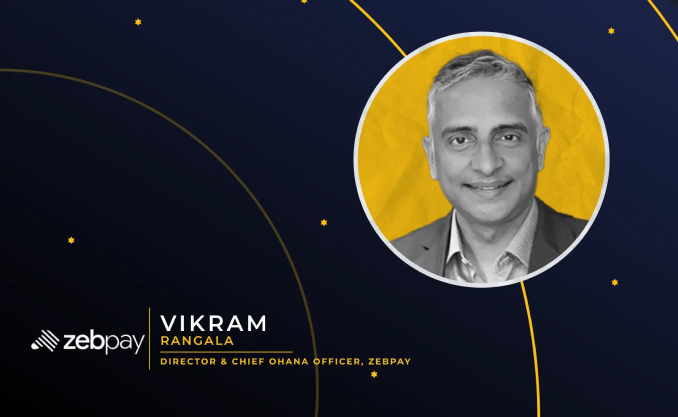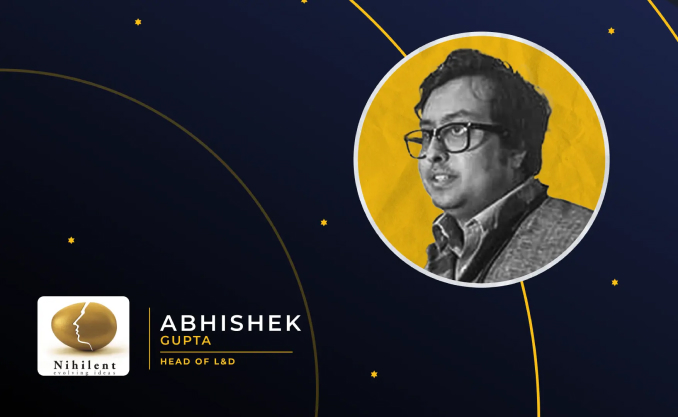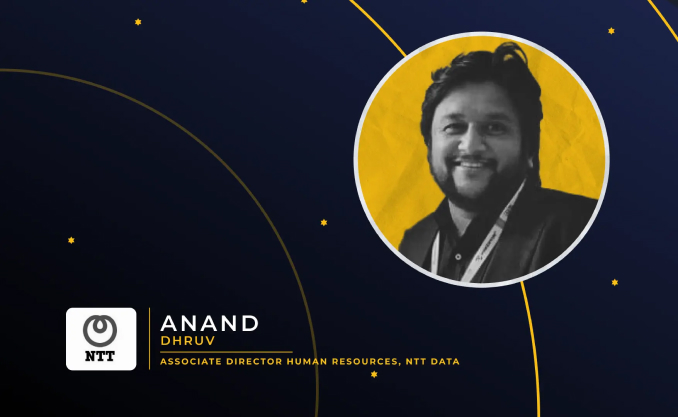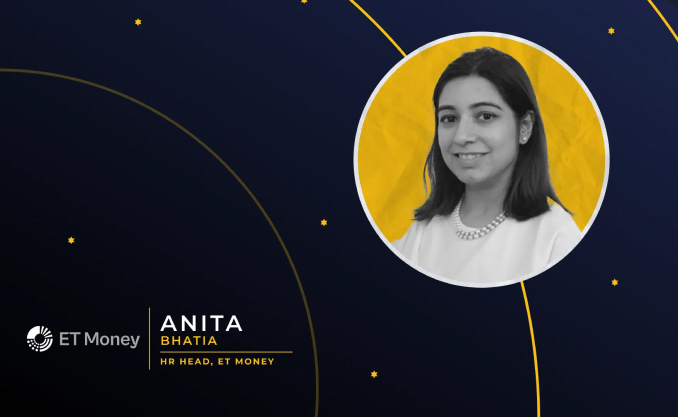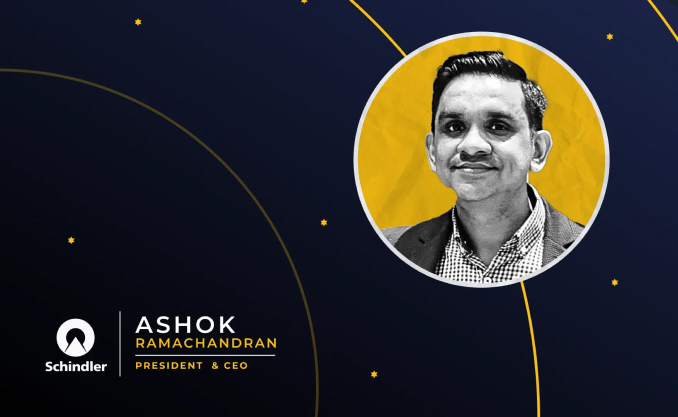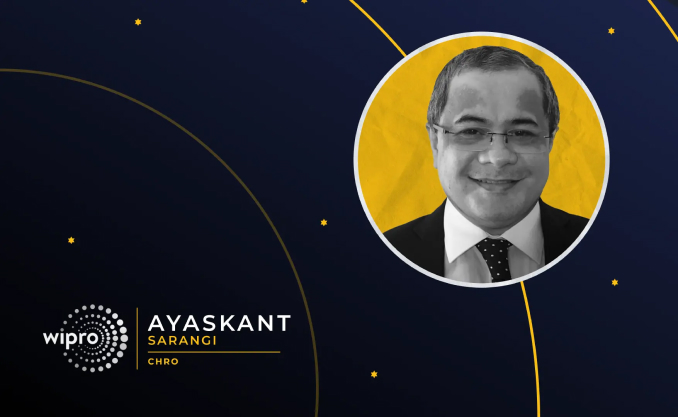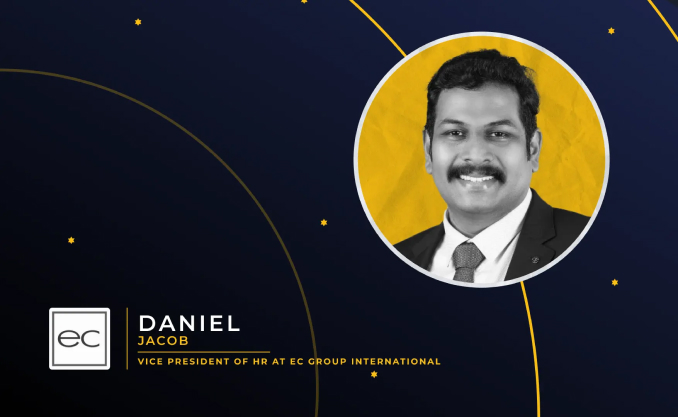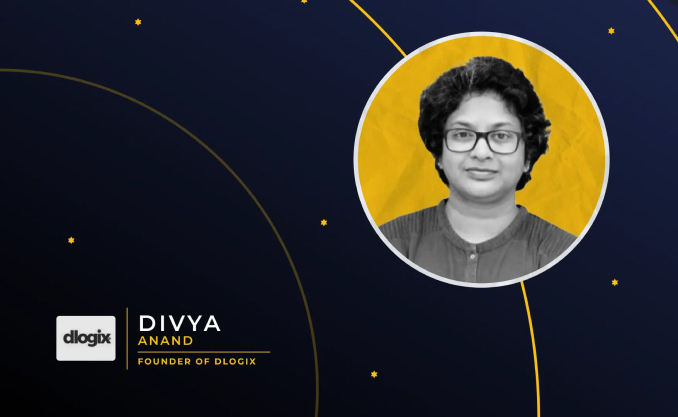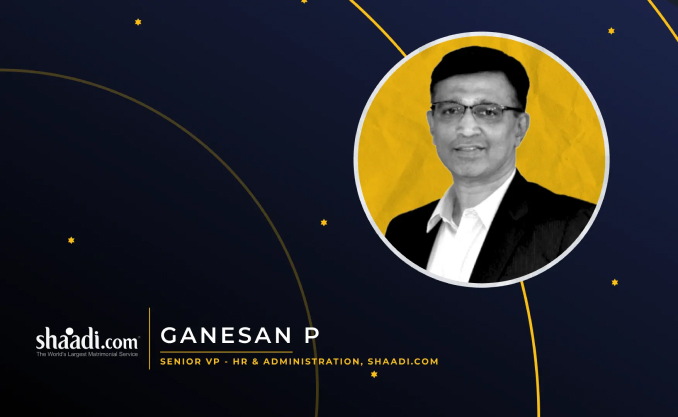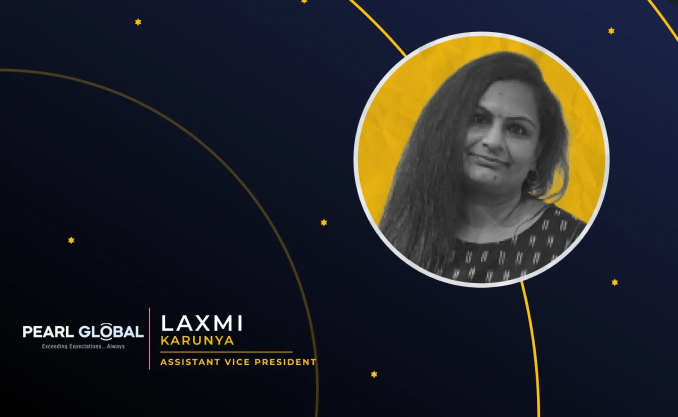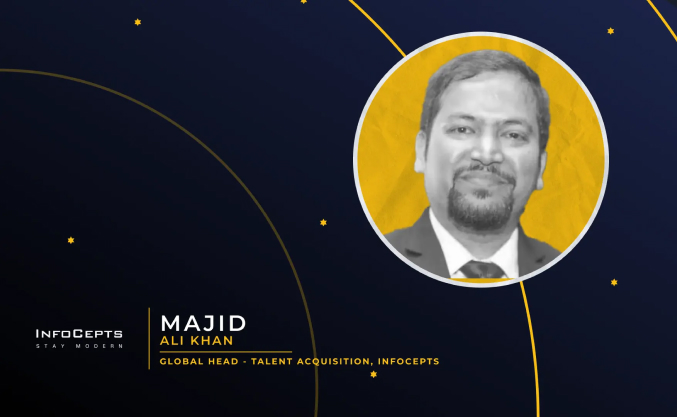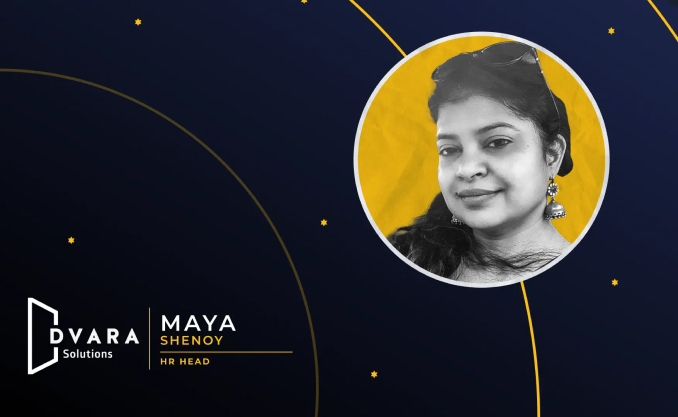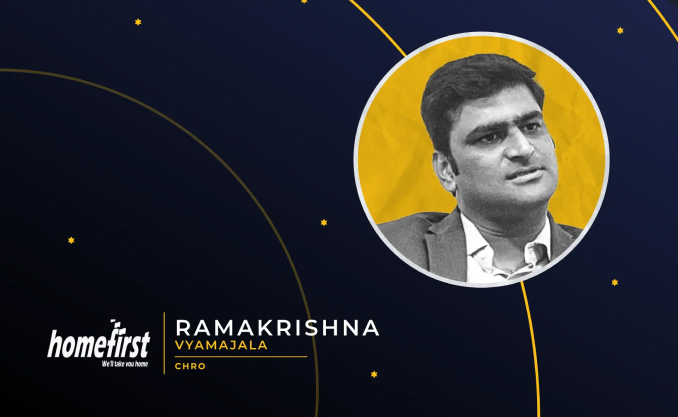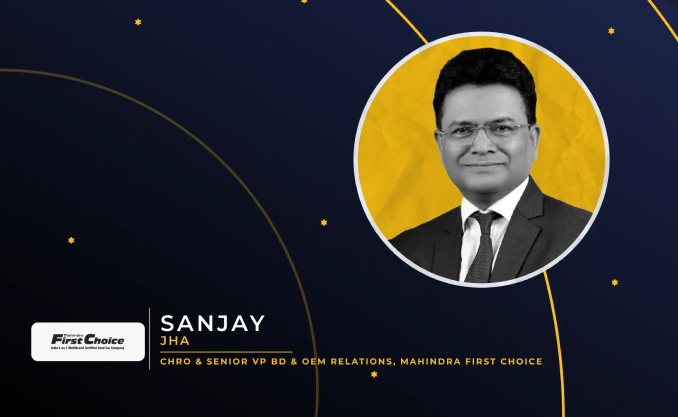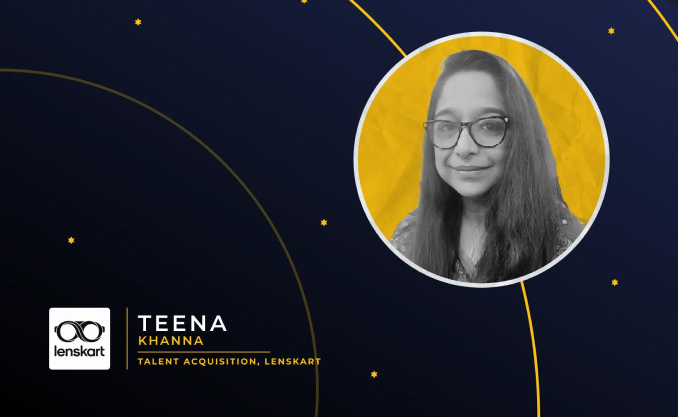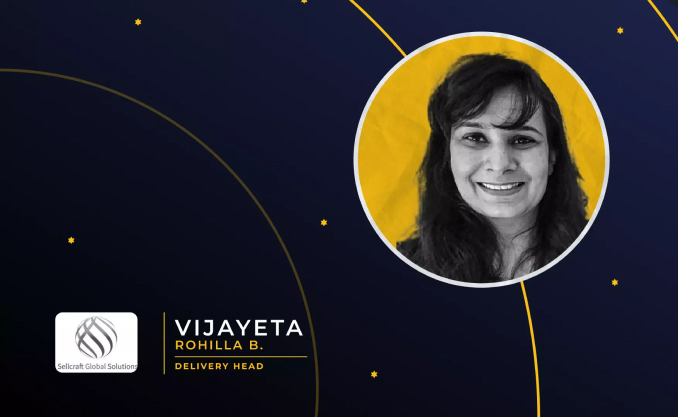Vikram Ranagala with more than 30+ years of experience started off his journey as an instructor. He then went on to become the communications director at Nadex in Jan 2015 which then led to him being the CMO and finally the COO and Director at Zebpay.
After his college years, Vikram stayed in Japan for three years which helped him understand more about diversity and inclusion.
When talking about equality in the workplace, Vikram believes that women make better traders and investors.
About Vikram Rangala
Vikram claims that he was nowhere near the finance or crypto sector when his career initially started. He was a teacher in writing and communication at the University of Florida in the United States. While Vikram was born in Tamil Nadu, he grew up in the US and got a graduate and master’s degree at the University of Florida, where he then started his teaching career which went on for 15 years.
Vikram Rangala looking back upon the start of his career claims, “One of my students actually was a guy named Rahul. He did very well and he left college in the middle to go and start a business based in Hyderabad. And that took off and I kind of was informally advising him because he was a brand-new CEO and he was just 21 or 22. So I was a kind of communications coach for the new CEO. We stayed in touch for the next 20 years, off and on. At least once or twice a year we kind of ping each other and see what’s going on.”
In 2019, Vikram Rangala left the university and moved to Chicago where he worked in the finance sector. Being a futures and options trader, Vikram worked as a market analyst at the Chicago Board of communications director. Vikram while pointing out his story to the start of Zebpay claims,
“With all that randomness of my background and because Rahul, I think he knew me well enough in 2019, he had been a minority investor in Zebpay. Zebpay is the oldest crypto exchange in India and probably the one that brought bitcoin to India. We did a survey in 2020 and at that time I think we found out that like two-thirds of all Indians who own crypto bought their first bitcoin on Zebpay. So, we’re kind of proud to have been the ones that started it here in India.
Anyway, after having a minority stake, this crypto winter hit in 2018 when the RBI banned banks from doing business with crypto firms. So Zebpay was really struggling, but Rahul came in and he decided to buy out the founders. He risked even more of his personal wealth because basically, he said the world needs bitcoin in India in particular, needs bitcoin it needs blockchain. It needs this immutable ledger, this corruption-proof way of accounting, and this inflation-proof store of value, all that stuff. So, he took the risk. And then he called me two days after he bought Zebpay. He said, hey, I just bought Zebpay, and I want you to move to India and be CMO and I couldn’t believe it. Because I had never been CMO of anything before. But I really wanted to have an adventure in India. For years I’ve been thinking, that someday I’m going to go to India. I spent a long time there.”
Vikram also says that a lesson to be learned from this is that always be nice to your students because you never know what they’ll offer you 20 years later. Further, he also states, “Zebpay is really built on friendship and kind of family relationships. I’ve known Rahul since he was 18-19, and we kind of cut through all this together. So, my official title now is a title we made up. It’s, Chief Ohana Officer. Because we’re talking about HR, we’re talking about culture. Ohana is kind of the center of this.
Ohana is a Hawaiian word. It means family, but kind of in a sense of extended family, the way that in Islam, particularly Sufi Islam, everyone is considered to be a child of Allah. The whole world is one family.
So, we really thought, what if this is not just something nice that you say to kind of look like nice people? What if we really make it not a culture, but a business model? This means we have a rule, and it applies to employees, customers, and even our competitors. We try not to even call them competitors. We just say partners in the ecosystem. So, Coin, DCI, Finance, all of that. But the rule is this. If you wouldn’t do it to your own family member, don’t do it to your employees, don’t do it to your customers, don’t even do it to other companies.”
Role of background and experience in promoting diversity and inclusion in both workplace and hiring process.
Talking about diversity and inclusion, Vikram expresses,
“I think I was lucky to have experienced over the years that put me face to face with people who are not like me so that I could maybe there’s initially some hesitance, maybe there are some misunderstandings, but eventually you realize, okay, we’re more alike than we are unalike.
In my first job after college, I got to live in Japan for three years. So that was also another thing because a lot of people told me Japanese culture is very different, you’re going to feel very homesick or out of sorts. And I just felt like it was another like extension of India somehow. In a lot of ways, I felt really at home there, but it comes from actually having contact with people that allows you to sort of put yourself in the other person’s shoes. I think I understand a lot better now what women go through, for example, in trying to advance their careers and including things that we don’t often talk about.
There’s stuff that I think a lot of men don’t even realize women go through from as simple as when you leave the office late at night and you’re walking to the parking lot to your car, right? Most men don’t worry about their safety. They don’t take their keys and put them in their hands ready to defend themselves. I think most women do. Most women, look around and worry about that, which adds a bit of stress. I mean, that’s life. Everybody faces challenges, it’s true, but just knowing what other people are going through in their day helps you to have some credibility. ”
Also remembering how college life has helped Vikram to understand diversity and inclusion, he states,
“I was lucky, at least in college for a little while. I got to do jobs like waiting tables and washing dishes and those kinds of things. And I think it’s good for everybody to have a job at some point where you come home smelling like the job. When I taught MBA students the first week, I would always ask for a show of hands, how many of you have waited tables ever? And some people would raise their hands. They’ve been waiters or waitresses. And then I asked those people, I said, how many of you always tip well no matter what the service is like? Pretty much. And they always said, yes, I do. Because why? You know what it’s like to be a waiter. You know how hard the job is, right? You can kind of tell something about people by how they treat waiters or cleaning people or just people who are doing ordinary, very necessary jobs that aren’t very prestigious. In fact, in interviews, I tend to ask questions to kind of see how are they going to be towards the junior-most employees, especially managers, managers who like to call themselves the boss a whole lot. That sends a little warning, it’s like for me, and I try to follow up on that. So, I guess my background is I’ve just been lucky. I’ve gotten to live in a few different places and meet different kinds of people.”
Role of gender balance in the workforce for authentic leadership and collaborative working styles while increasing employee engagement in the company.
Talking about gender balance in the workplace, Vikram states, “It does much more. And it’s horrible how imbalanced it is. And not just for the usual sort of liberal idea of we should have equality and stuff like that. But think about it this way. It seems to me that when you have half of the potential talent pool, not fully able to contribute with that talent, then you’re running a 50% effectiveness anyway. And then if some of the men are also spending half of their efforts trying to keep that other half down, then you don’t have much energy left to actually do anything good and innovate.
So, in a lot of ways, our global economy is almost like half of the people are spending half their time keeping the other half down, whether they realize it or not. It weakens us as a society. One of my backgrounds is trading financial trade. So, futures and options trade.
I’d say that it’s a generally believed truth that women make better traders and that women tend to make better investors. The research shows, data shows that companies that have a significant number of women making investment decisions outperform other companies, other hedge funds, and other things like that. The thing is, there are just very few of them. But when they have them during the 2008 financial crisis in Iceland, Iceland’s economic leverage, completely tanked, except for one bank called Audur Capital. Audur Capital survived just fine and actually made a little profit that year. What was the difference? Audur was run, all women, the CEO, the entire CXO, and they openly said we use what we call feminist economics in making our decisions that are bought into these crazy derivatives and they’ve protected their customers.”
Also stating how diversity and inclusion are being maintained at Zebpay, Vikram states,
“So yes, I think we’re actively trying, recruiting, trying to reach out also to we recruited a really great developer named Ankita about a year and a half ago. And in the interview, I said, you know, honestly, you are really great. I’m so glad you’re going to join us in our final interview. How do we get more of you? How do we get more developers like you?
Women bring a different way because every woman who codes who I’ve talked to, tells me one way or another that women code differently.
They write different codes, and we need that. That’s another source of innovation that could be in many half cases, you can assume it’s going to be better code, right? Just by random chance.
It’s probably going to be so she said you have to catch them early, catch them in college when they’re still maybe the one or two girls in an engineering class and they’re trying to decide, what branch of engineering should I go to? And so, we’re trying to do that kind of outreach and say, you know what, blockchain is welcoming and you should come program on the Ethereum blockchain. You should learn solidity. You should come to intern at Zebpay because it’ll probably take another ten years. But if we try to catch women early when they’re still in school and encourage them, then we may have a chance of getting a whole lot of new engineers who are really good. But we will get there. We’re committed to getting the 50-50 quotient and we will.”
Views on keeping minimum requirements while distinguishing between technical versus business roles.
When asked about his perception of how he distinguishes between the technical and business roles, Vikram claims,
“You know, technically they need to be sound or better, for example, a flutter developer. They need to be really good at flutter. And during the interview process, someone from the tech team will give them, write me an app that does this or take this piece of code and tell me the five things that are wrong with it and fix them and come back. Those kinds of things we will do. But two other things that we have, we really do believe in blockchain, in bitcoin, in Ethereum, and what it’s going to do for the world.
The way in which you can fight inequality, the way in which you can bring better economic opportunity to people.
So, we try to hire only people who are true believers.
Now that’s difficult because there are only so many people in India who know bitcoin and blockchain already, especially in 2020 and 2021. So, we start if you apply and we say, you know what, your first interview is going to be in a week. We tell them we give them a sheet, that it’s like a set of questions. And we tell them, in your interview, you’re going to be required to answer questions on the bitcoin blockchain.”
Also mentioning how candidates are chosen for a particular role at Zebpay, Vikram says,
“We choose somebody who has that generosity, that scarcity mentality of my loss is your win and vice versa. So we do look for people’s attitudes, people, and how they treat others. We’ll ask questions about that. And not just for the customer service roles or marketing list. Especially in tech a lot of the reasons why tech solutions are slow to come is because people are not communicating effectively or they’re trying to guard their own area of specialization and not share their secrets. And instead, we want everybody to be teachers. We screen for that pretty carefully.”
Hiring trends that may gain momentum in the upcoming years.
When asked about hiring trends that may arise in the upcoming years, Vikram states,
“One thing I’ve heard, and I’ve seen it myself, is that job satisfaction, life satisfaction, is important to people.
And I know that everybody keeps saying all millennials, they seem to want that more than even money and all that. There are some stereotypes. I’m not sure it’s just millennials either. I think even people in their forties and fifties, are looking at not just which place is giving me the best salary package, but where would I actually enjoy working. Where do I feel like being at home? So that is one. And so, companies that make an effort to make their employees feel valued, welcomed, supported, and above all, I guess the one thing I learned in trying to become a chief culture officer is something I read in several places, which is people need to feel safe to make mistakes.
People need to feel safe to admit that they don’t know or that they’re wrong or that they made a mistake and know that their manager is not going to punish them for it.
Their teammates are not going to laugh at them for it. Instead, everybody’s going to go, oh, you made a mistake. Okay, this week was your turn. Next week it’ll be my turn. Now let’s all get together and go fix it and do it with a light heart and a lot of mutual care and support. So maybe not everybody is looking for that, but I know the extent to which we try to do that at Zebpay, and we’re far from perfect. I scold managers from time to time, just let them try a different approach. But nevertheless, I think we have a certain amount of loyalty from a good many of our employees because they feel that way. I’m on the board of directors, so I don’t interfere with the day-to-day operations. But when I get a sense that because of tension or because of stress or because of the tax situation and everything else, I try to come in and make sure the managers are still keeping that culture going.
So that’s why I’ve also noticed that people here are the opposite is also true. People are quite comfortable leaving a job. There isn’t this sense of being with the same company for 10-20 years. So, in the US. Maybe ten, almost 20 years ago now, people were saying that the old system of staying with the same company and getting a pension and finishing your career there, that’s gone and everybody now is job-hopping every two years and things like that. I sort of expected India might be a little more traditional, but in fact, it’s very much the other way, especially, with professional jobs, and tech jobs. It keeps us and any other company on their toes. Our engineers are constantly getting offers. They’re good, so we have to make sure they don’t get poached because people throw higher salaries at them all the time. And we need to make it a place, and this is hard to do, but make it a place where people will say, you know what, I’d rather be here for 10% less than go to this other place just for the money.
That doesn’t always happen and sometimes people should just go where the money is if they need the money. That is something I’ve noticed. And within the crypto industry, we try to keep this unspoken rule of not coaching each other’s talent, at least not too often. So, every now and then does happen to somebody. From one of the big exchanges, we’ll move to another one, but not very often. Within our industry, we kind of have a different thing. But in tech in general, I’ve noticed this, that people will sometimes, I think they even may take a job thinking, you know what, I’m going to shine for six months here and then I’m going to flip this for an even better offer somewhere else. I think you have to screen for that also.”

